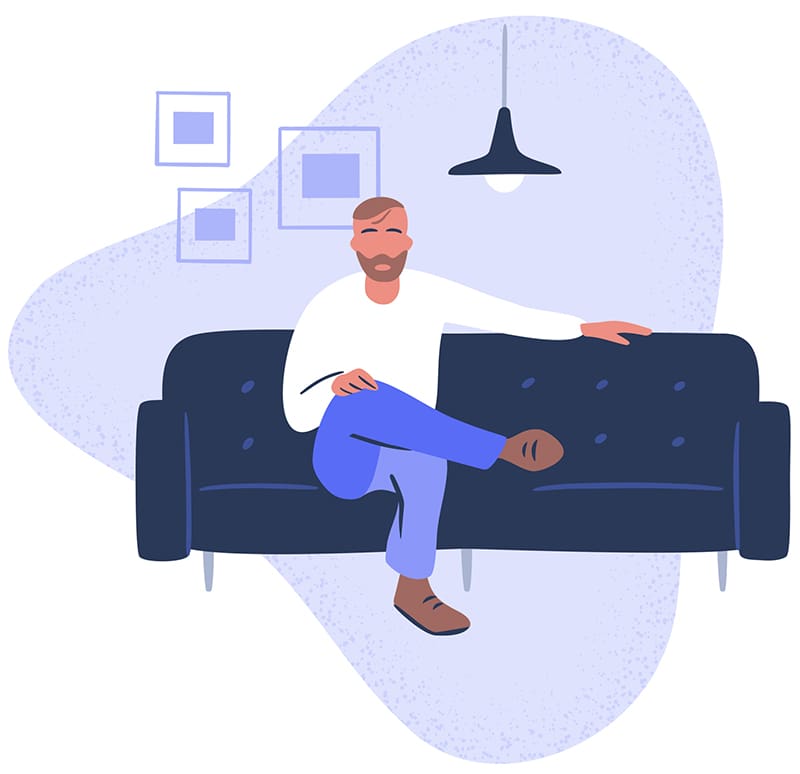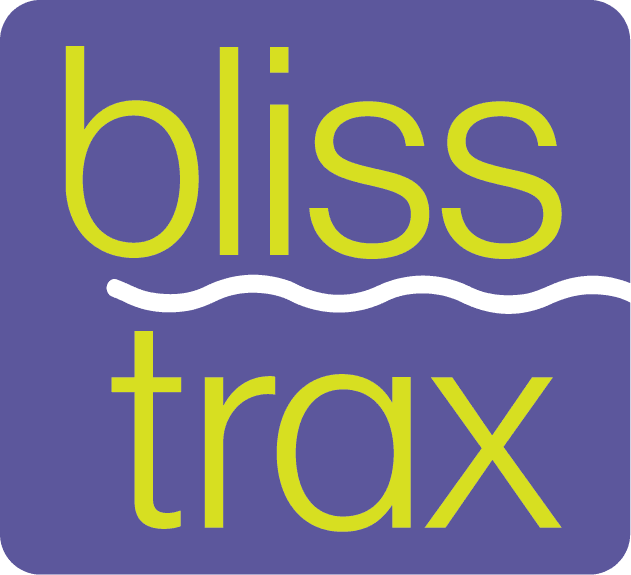Anxiety can disrupt your daily life and make you feel overwhelmed. However, relief doesn’t have to involve medication. Natural methods can provide effective and lasting solutions. One simple yet powerful option is listening to relaxing anxiety music, which soothes the mind and encourages calmness. Pairing this with other practical habits can help you regain control and feel more balanced. These strategies are easy to integrate into your day, promoting a sense of peace without relying on pharmaceuticals. By adopting these approaches, you can work toward a calmer and more manageable state of mind naturally.
Practice Focused Breathing Techniques
Why Deep Breathing Reduces Stress
Deep breathing calms the nervous system. It lowers the heart rate and reduces stress hormones like cortisol. When you breathe deeply, more oxygen reaches your brain. This helps you think clearly and stay calm. Shallow breathing, on the other hand, can make stress worse. It signals the body to stay alert, which increases tension. By slowing down your breathing, you can interrupt this cycle. Studies show that even a few minutes of deep breathing can have lasting effects. It relaxes the body, promotes focus, and makes it easier to handle challenges.
A Simple Breathing Routine to Try
Start by sitting comfortably in a quiet space. Close your eyes and take a slow breath through your nose for four counts. Hold your breath for four counts, then exhale slowly through your mouth for six counts. Repeat this cycle for five minutes. Focus on how your body feels as you breathe. Keep your shoulders relaxed and let your stomach expand as you inhale. This routine is easy to practice anywhere, whether at home, work, or outdoors. With consistent practice, this simple technique can help reduce anxiety and bring more calm to your day.
Stay Active with Physical Movement
How Exercise Supports Mental Health
Exercise has a big impact on mental health. It releases endorphins, chemicals that make you feel good. Physical movement helps reduce anxiety and depression. When you exercise, your body also reduces stress hormones like cortisol. Regular activity keeps the brain sharp and improves mood. Studies show that even short bursts of exercise can create a sense of calm. This effect can last for hours. Movement doesn’t just improve your body, it also strengthens your mind. Whether it’s a walk or a workout, staying active is a simple way to boost mental health.
Easy Ways to Add Movement to Your Day
You don’t need hours at the gym to get moving. Start by walking more. Take the stairs instead of the elevator. If possible, walk or bike to nearby places instead of driving. Even stretching or standing for a few minutes every hour can make a difference. You can also try quick home workouts, like yoga or bodyweight exercises. Finding small ways to stay active throughout the day helps keep your body and mind in a relaxed state. Regular movement can fit into your routine without much effort, making it easier to stay healthy and calm.
Calm Your Mind with Soothing Sounds
How Music Influences Mood
Music has a powerful effect on our emotions. It can instantly change how we feel. Slow, calming music helps relax the body. It lowers the heart rate and reduces stress. Listening to soothing sounds can improve mood and focus. Certain melodies trigger positive feelings in the brain. This is why music is often used in meditation and relaxation practices. Whether it’s classical music or nature sounds, the right tunes can help calm your mind. By choosing relaxing music, you can create a peaceful atmosphere that reduces anxiety and promotes calm.
Recommended Tracks for Relaxation
When looking for music to help relax, choose tracks that are slow and calming. Classical music, ambient sounds, or even nature sounds like rainfall or ocean waves work well. Look for playlists designed for relaxation or meditation. These often include soft, repetitive melodies that help you unwind. You can find many of these tracks on music apps or streaming services. Try playing them during quiet moments or when you need a break. With the right sound, you can create a peaceful environment that helps ease stress and brings calm to your day.
Develop a Daily Gratitude Habit
Positive Effects of Gratitude on Mental Wellness
Practicing gratitude can improve your mental health. It shifts focus from stress and anxiety to the positive things in life. Research shows that grateful people tend to feel happier and less anxious. Gratitude helps reframe negative thoughts. It encourages the mind to recognize what is going well, instead of what is wrong. This positive thinking can reduce feelings of depression. People who practice gratitude often report feeling more content and at peace. By making gratitude a daily habit, you can reduce stress and improve your overall mood and mental well-being.
Quick Tips to Build Gratitude Into Your Routine
Building a gratitude habit doesn’t take long. You can start by writing down three things you are thankful for each day. It can be something big or small. Another way is to say something positive about your day before bed. Try to focus on the good moments, even if they are minor. You can also set a reminder on your phone to help you remember. By adding gratitude to your routine, you’ll start to notice a shift in your thinking. The more you practice, the easier it becomes to see the positive side of life.
Create Boundaries for Screen Time
Why Limiting Screens Helps Reduce Anxiety
Spending too much time on screens can increase anxiety. Constant notifications and online interactions can overload the brain. Social media can cause stress by showing idealized versions of life. The pressure to keep up can lead to feelings of inadequacy. Excessive screen time also disrupts sleep, which worsens anxiety. Reducing screen time helps calm your mind. It allows you to focus on the present instead of constantly being pulled into digital distractions. Setting boundaries around screen use helps you find balance and lowers anxiety, making it easier to stay focused and relaxed.
Practical Tips for Balanced Technology Use
To create a healthy balance with screen time, start by setting clear limits. Decide how much time you want to spend on your devices each day. Use apps that track screen time to stay aware. Try to avoid screens an hour before bed to improve sleep quality. Set “screen-free” zones, like during meals or in the bedroom. Taking breaks every hour to stretch or walk can also help reduce stress. By using technology with purpose and setting boundaries, you can enjoy the benefits of screens without feeling overwhelmed or anxious.
Simple Methods to Reduce Anxiety Naturally
Reducing anxiety can be easier with simple and natural strategies. Breathing exercises, physical activity, calming music, practicing gratitude, and limiting screen time are all effective ways to create a peaceful mind. Each step helps promote balance without the need for pharmaceuticals. BlissTrax offers a unique tool for deeper relaxation. Its innovative playlists use sound technology to turn everyday activities like walking or exercising into meditative experiences. Visit our website to find a soothing way to reduce anxiety and support a calmer, more focused mind.


